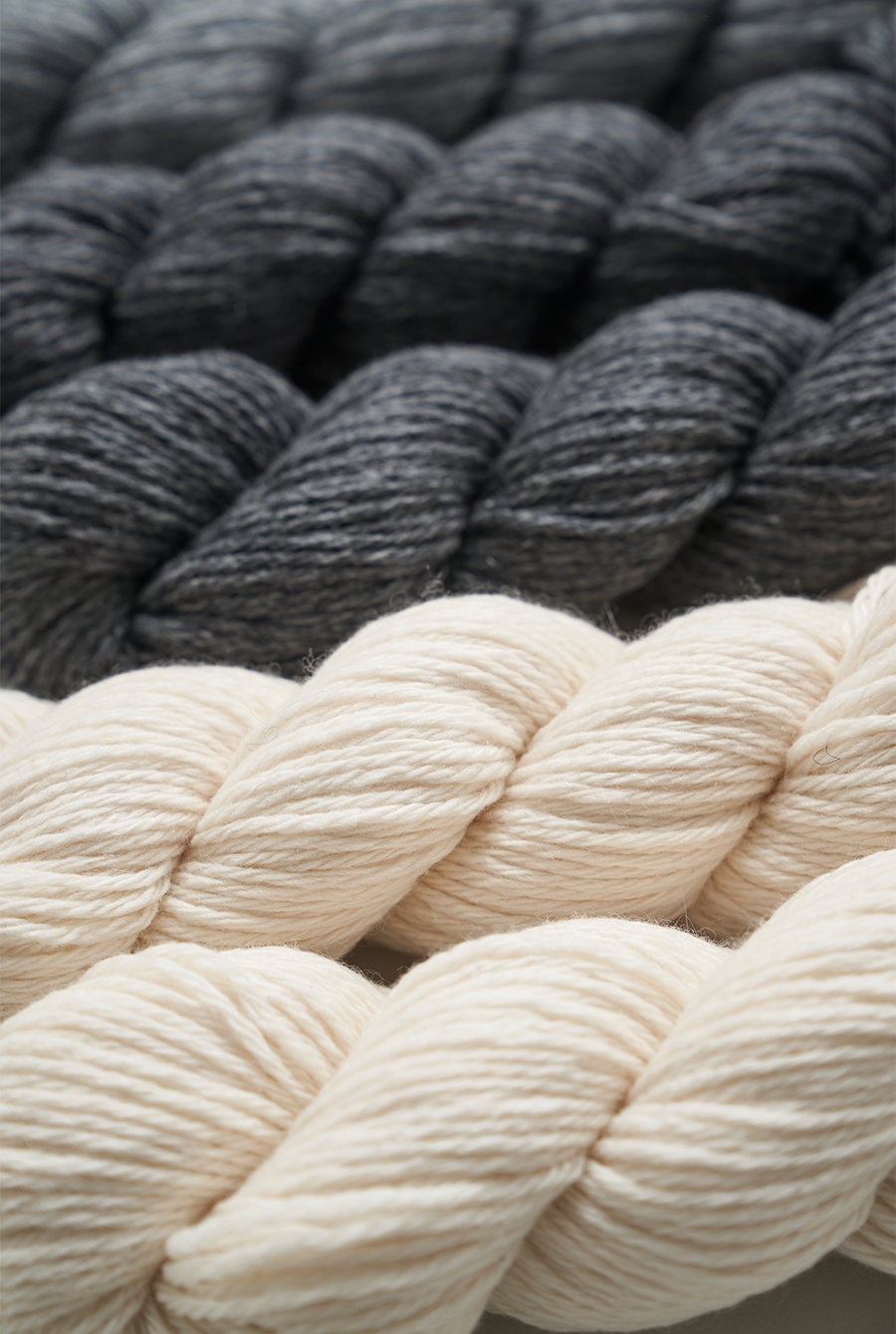Comprehending the Different Sorts Of Cashmere a Natural Fiber and Their One-of-a-kind Benefits

The Origins of Cashmere: A Historic Overview
While the glamorous touch of cashmere proceeds to appeal contemporary consumers, its beginnings trace back to the severe, chilly environments of Mongolia and the Himalayas. For centuries, the native peoples of these areas have actually been elevating Capra Hircus goats, the prime resource of cashmere wool. These goats, resilient versus the serious winters, grew a great undercoat to endure, which later came to be referred to as cashmere. The name itself pays homage to Kashmir, a region in India where the wool was at first processed. Much of the early cashmere profession path was promoted by the Silk Road, connecting Asia with the Center East and Europe. In spite of its global spread, the finest cashmere is still thought to originate from the original areas of Mongolia and the Himalayas.

The Production Process: From Goat to Garment
Shearing a Capra Hircus goat marks the inception of the complex cashmere production procedure. This fragile treatment commonly happens yearly throughout springtime. The penalty, soft undercoat is after that separated from the coarser external hair, a procedure recognized as dehairing. The resultant raw cashmere is after that washed to get rid of impurities such as veggie, oil, and dirt issue.
The clean fiber undergoes coloring, spinning, and weaving, or knitting, to transform it right into a textile. Complicated treatments like quality assurance checks and ending up processes comply with, making sure the end product maintains the lavish standard expected of cashmere. This painstaking process, from goat to garment, validates the high expense affixed to cashmere items, making them a symbol of deluxe and refinement.
The Numerous Kinds Of Cashmere: A Thorough Analysis

The Special Advantages of Cashmere: Comfort and Sustainability
Relocating from the variety of cashmere kinds to the benefits they use, comfort and sustainability attract attention prominently. Cashmere, a natural fiber, is renowned for its unrivaled softness, providing a level of comfort that synthetic fibers can not match. The material's lightness, yet excellent heat retention, makes it optimal for all periods. Cashmere's natural elasticity enables it to return to its initial shape, making it immune to shrinking or stretching.
When it pertains to sustainability, cashmere is biodegradable and sustainable, as it's collected from cashmere goats who regrow their coats every year. what is cashmere. Unlike synthetic fibers which can take hundreds of years to decompose, cashmere's influence on the setting is marginal. This mix of comfort and sustainability makes cashmere a useful selection for aware customers

Caring for Your Cashmere: Maintenance and Preservation Tips
While cashmere is certainly a elegant and sustainable option, it needs particular care to maintain its quality and extend its lifespan. To start, cashmere should be hand cleaned utilizing chilly water and a light detergent. Cashmere products need to be saved in a cool and completely dry area, away from straight sunshine and moisture.
Spending in Cashmere: Recognizing Its Value and Well Worth
Although cashmere may originally appear like an expensive investment, its long-term worth and worth become evident when you consider its exceptional top qualities. Recognized for its unrivaled gentleness and heat, cashmere is a premium natural fiber that outmatches other products. Investing in cashmere, therefore, is not just concerning present style patterns, however regarding accepting a sustainable, long-lasting, and elegant lifestyle.
Final Thought
In recap, the type of cashmere one selects, be it Mongolian, Chinese, or Italian, is dictated by private preferences for warmth, sustainability, deluxe, and budget plan. Understanding the beginnings, production procedure, and unique benefits of various kinds of cashmere can guide customers in their investment in this glamorous all-natural fiber.
Whether it's the extraordinary heat of Mongolian cashmere, the affordability of Chinese cashmere, or the eco-conscious manufacturing of Italian cashmere, there's a story to be discovered behind each fiber type. Cashmere, a natural fiber, is renowned for its unmatched soft qualities, offering a level of convenience that artificial fibers can't match.When it comes to sustainability, cashmere is eco-friendly and eco-friendly, as it's harvested from cashmere goats that regrow their coats every year. Understood for its unparalleled soft qualities and warmth, cashmere is a premium all-natural fiber that surpasses various other products. Recognizing the origins, manufacturing process, and special benefits of various kinds of cashmere can direct my company consumers in their investment in this glamorous all-natural fiber.